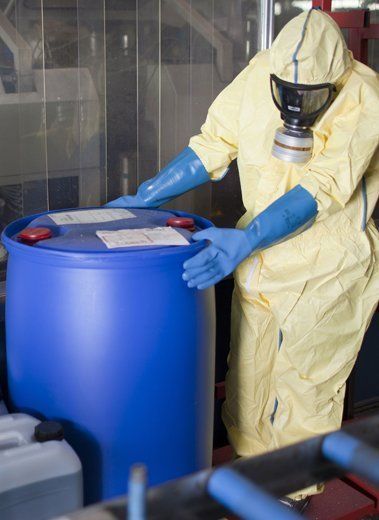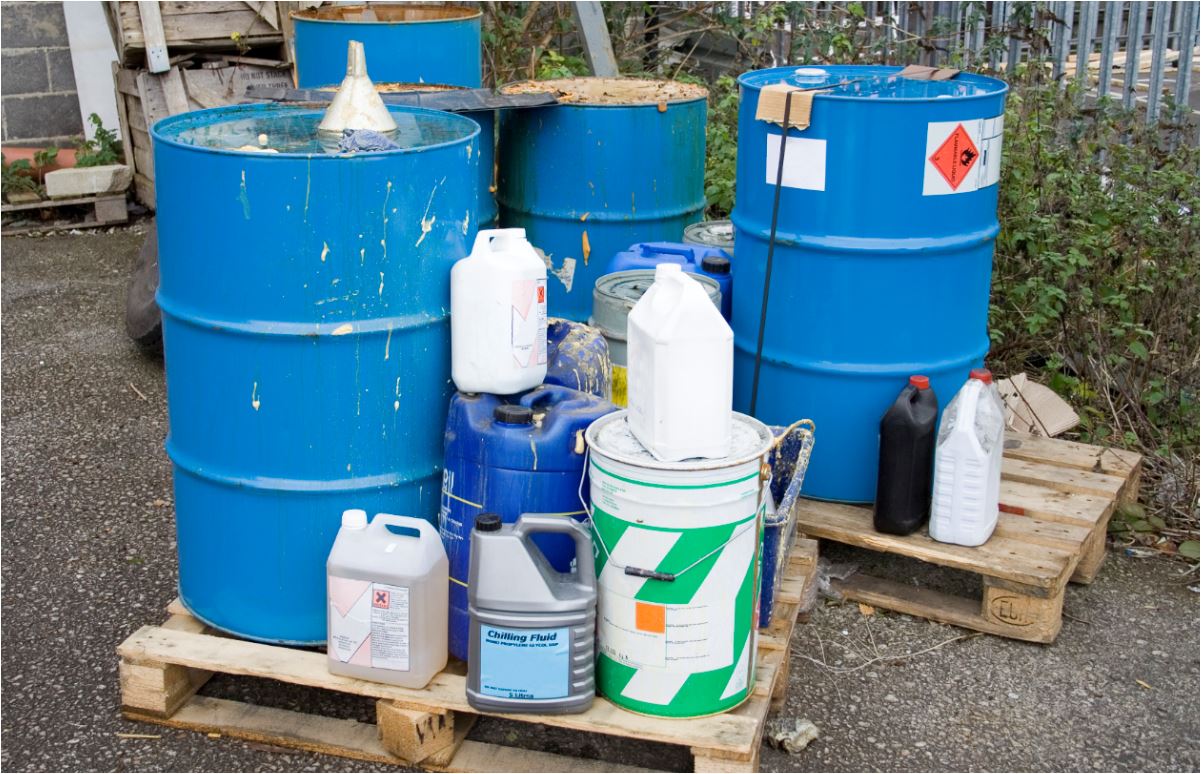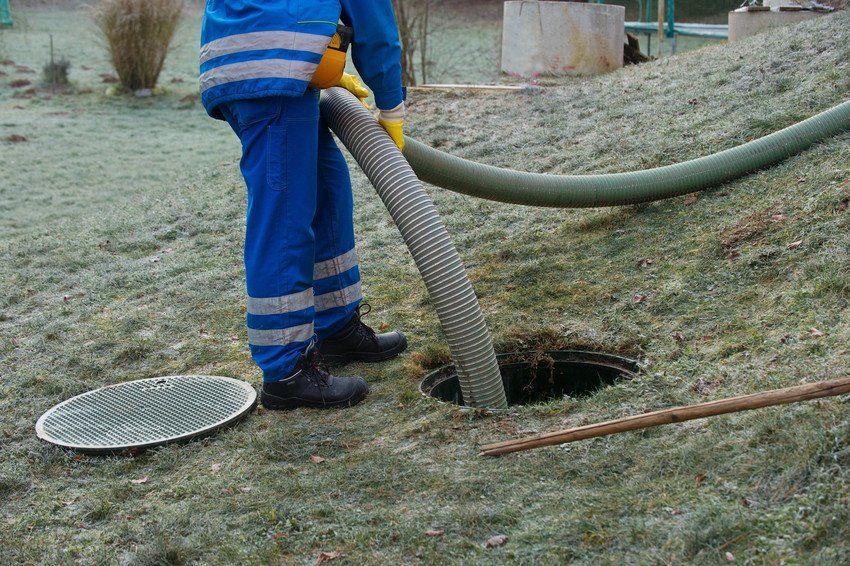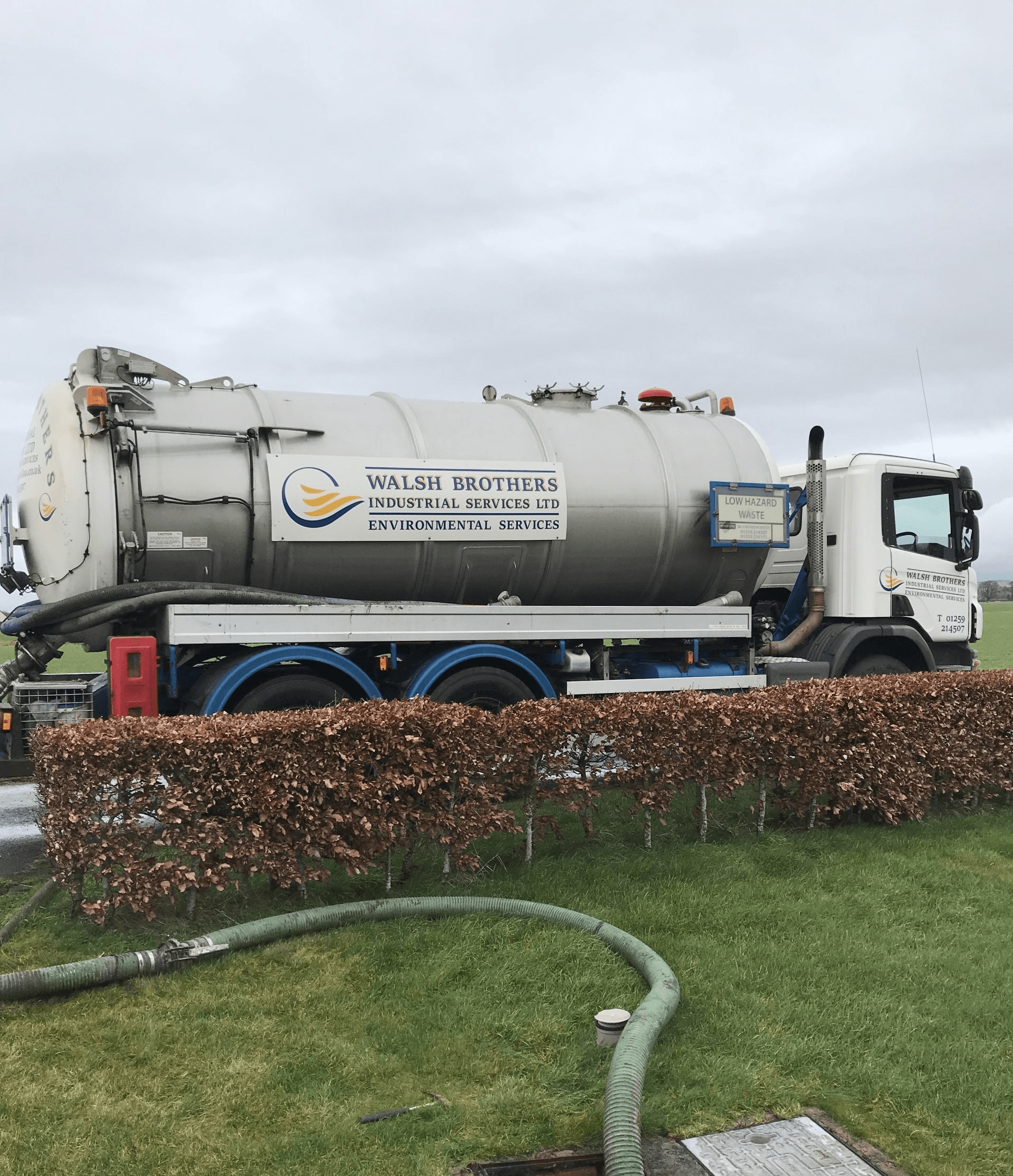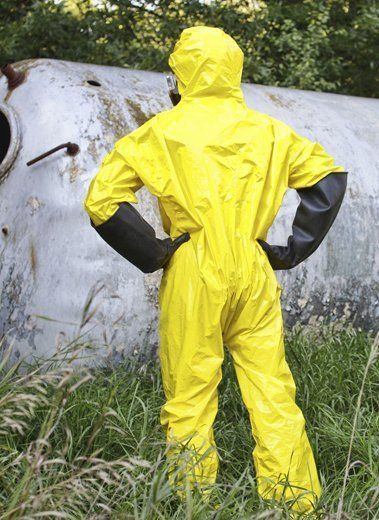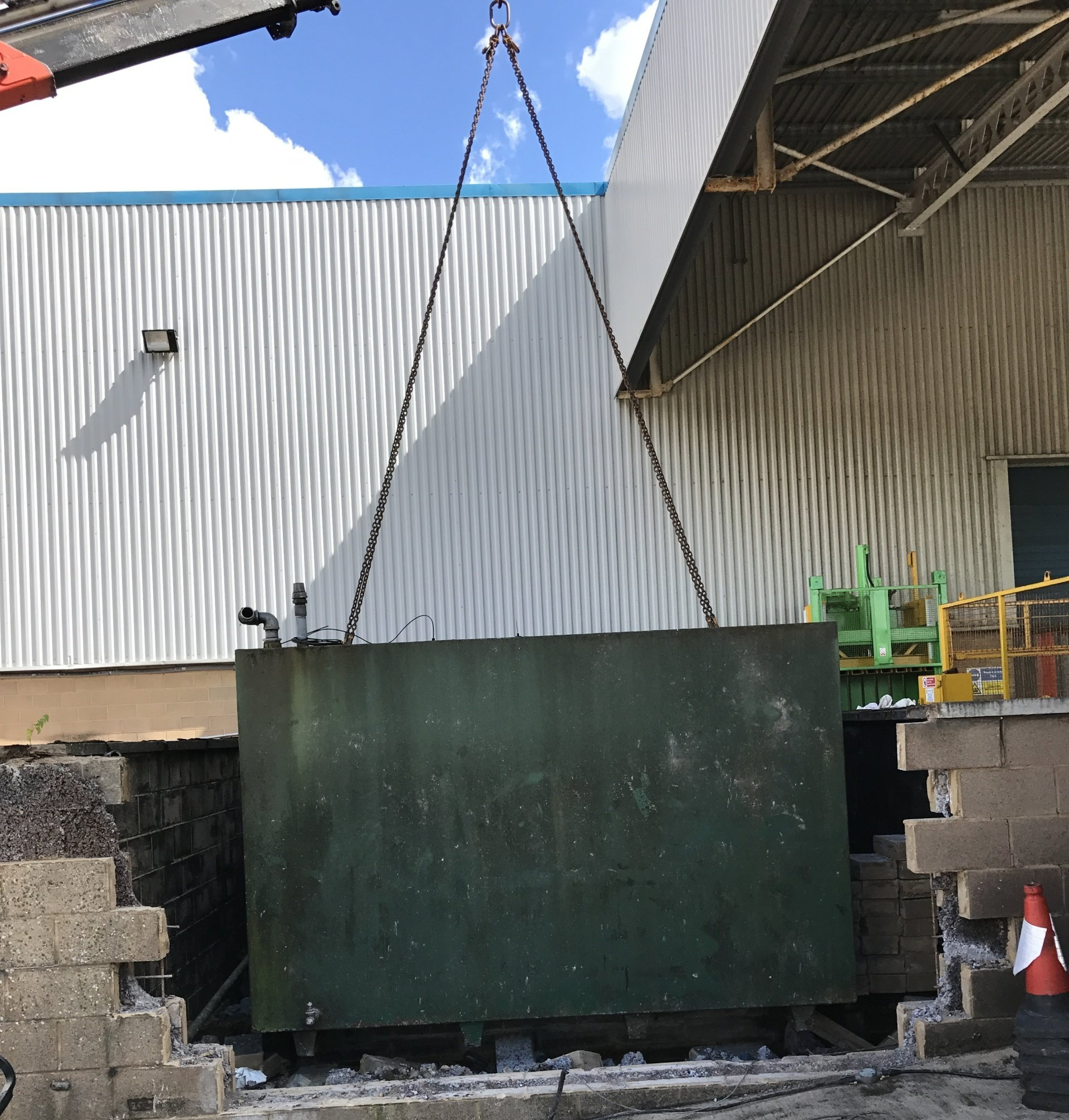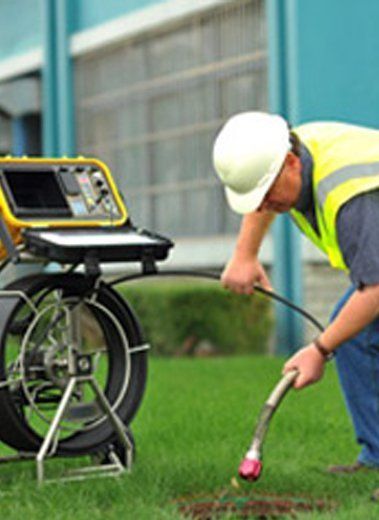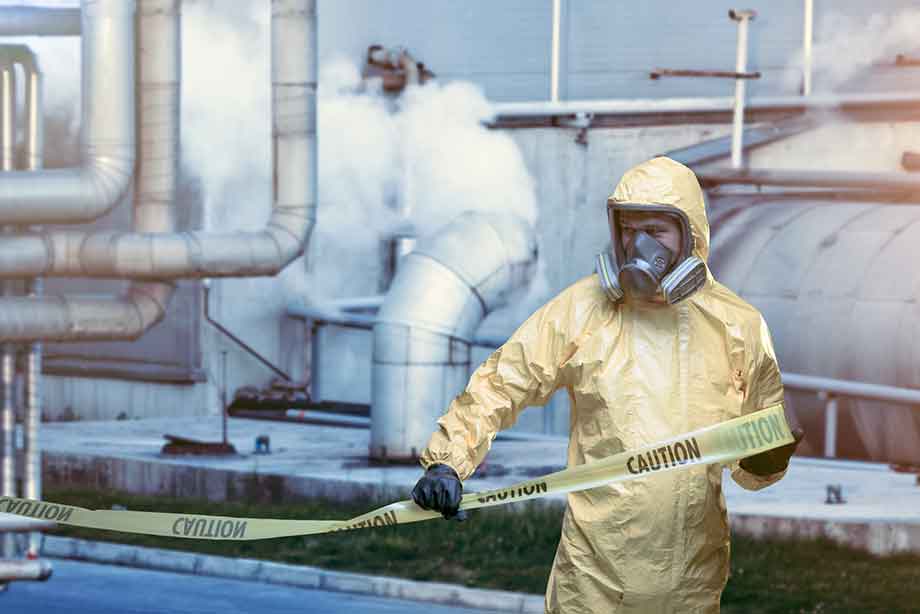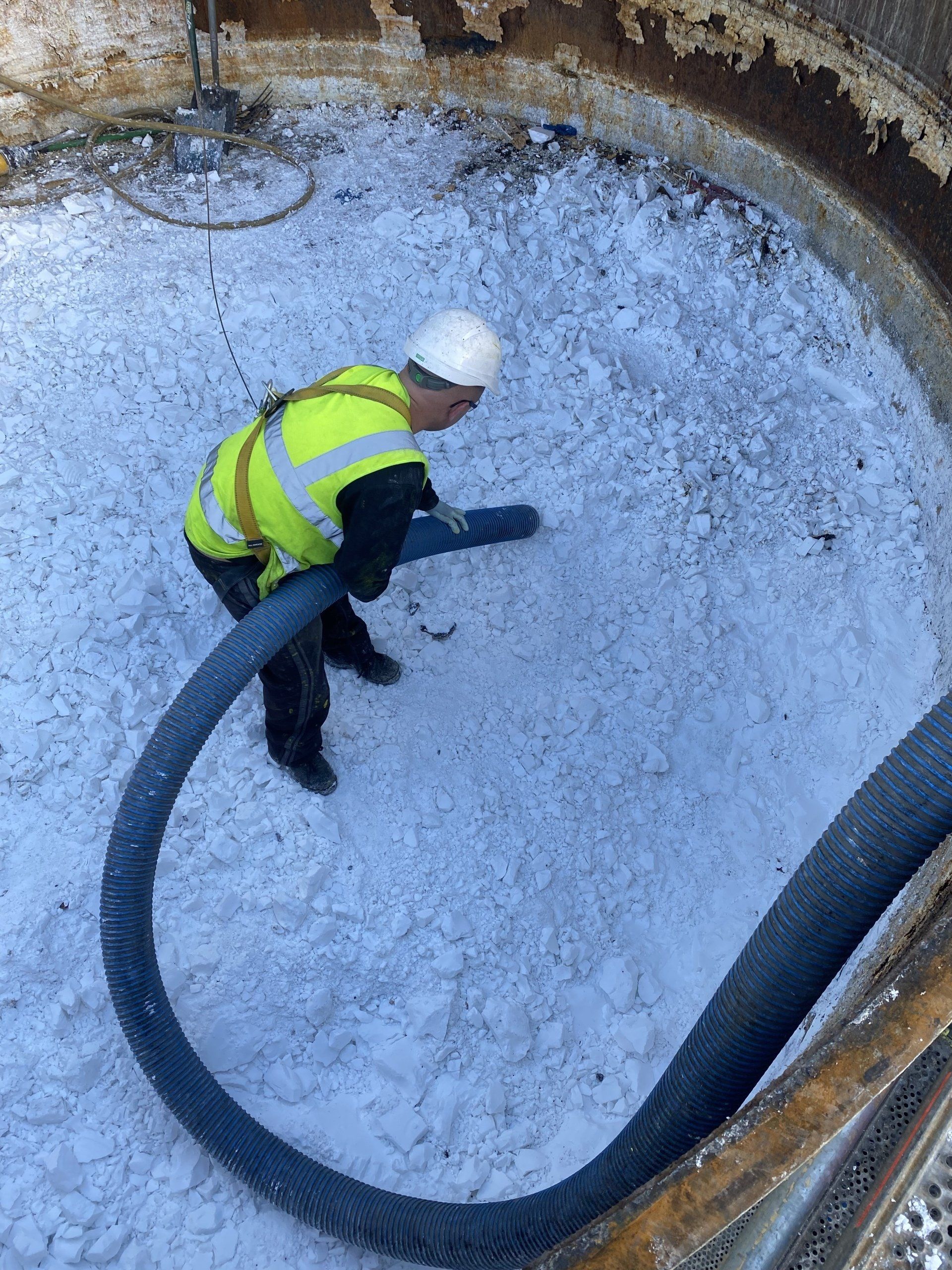Hazardous Waste Disposal: What you Need to Know
Hazardous Waste Disposal: What you Need to Know
Lots of businesses create hazardous waste such as chemicals, oils, and fuels and quite often this is unavoidable. Even common household items, for example, batteries, cleaning products, and pesticides are also classed as hazardous materials. If your business is in the construction, manufacturing or utility realm, you will very likely deal with hazardous waste disposal on a frequent basis.
If however, your business has started creating waste that is classed hazardous, perhaps you may not necessarily be aware of the correct steps you need to take to make sure waste is disposed of responsibly and safely.
With that in mind, here in this blog, we provide the essential information you need to know about hazardous waste to ensure your as well as your employee’s safety.
Why Hazardous waste needs to be responsibly disposed
If you frequently dispose of hazardous waste, you can’t just get rid of it via landfill and waste bins as would be the case with ordinary waste. It needs to go through the correct processes to make sure that it cannot cause harm or damage to humans, animals, or the wider environment.
It is important to have an awareness of hazardous waste as you cannot treat your own hazardous waste. This is unless you are qualified to and have the right on-site facilities. You need to therefore understand the difference between hazardous waste and regular waste.
Waste is often considered hazardous if it contains anything that could be classified as harmful to humans or the environment. These may include corrosive liquids, flammable items, chemicals, and everyday items like batteries or paint products. You can find out if your waste is classified as hazardous on the gov.uk website or via the Environment Agency.
Waste storage
Once you find out whether or not your waste is hazardous, you will have a responsibility to store your waste safely and in accordance with legal requirements. There is a possibility you may need to store hazardous waste at your premises before transporting it to a waste facility. Hazardous waste needs to be stored in compatible containers, these also need to be leak-proof and sealed. For example, steel storage containers are widely used to store hazardous materials in waste management locations.
You need to establish a hazardous waste storage area. It needs to be close to where you generate waste. It should also be out of the way of other activities. In some cases, individuals choose to also use a secondary container. Having additional protection makes sure that your waste is secure and the risk of harm to humans or the environment is unlikely.
Disposing of waste
In all cases, you can only dispose of hazardous waste at authorised sites. Specialised waste disposal companies can help you pick up your hazardous waste from your home or workplace. They will then be able to transport the hazardous materials to the appropriate facilities for them to then be processed. The waste company will often require the necessary waste classification code. They will also need details of the substance and any risks associated with it.
If you plan on taking hazardous materials to a landfill site, you need to use a site that will accept your waste. The landfill may not be able to accept certain kinds of hazardous waste, this could be due to it being flammable or perhaps corrosive. With this in mind, it is going to be worth contacting the landfill site prior to you showing up with your toxic waste. This is in order to see whether they will accept and process the hazardous waste you’re planning on delivering.
Types of hazardous waste
Here we list some examples of hazardous waste that it is useful for you to know about:
Explosive waste
This is classified as any kind of waste that presents an explosion risk hazard. For example, fireworks could cause a lot of harm if not handled or disposed of safely. Explosive waste could also be classed as chemicals or fuel tanks found during demolition.
Incineration or detonation is a widely-used method of disposal. This needs to be carried out by a professional in order to avoid any significant danger. This could include any debris that is scattered as a result.
Flammable waste
This is classified as waste that could combust when reaching a certain temperature. Flammable waste often refers to flammable liquids, quite often found in commercial or industrial locations.
Irritant waste
Non-corrosive materials can potentially cause damage to the skin or eyes. Examples of this include solvents, cleaning products, acids, detergents, paints as well as adhesives.
Toxic waste
On the whole, toxic waste, when it is inhaled or ingested, can trigger fatal damage to your body. There are various subcategories of toxic waste which include acute toxicity, ecotoxic, aspiration toxicity amongst others.
Pesticides, acids, clinical waste, solvents, paints, vehicle oils and battery fluid are also classed as toxic waste. Toxic waste needs to be treated with extreme caution and needs to be disposed of with care by licenced hazardous waste carriers.
Carcinogenic waste
Carcinogenic waste can have a cancer risk if inhaled or ingested regularly or in large amounts.
Asbestos is an example of this. When faced with asbestos-containing material, renovation or demolition works, you cannot disturb the material. A full safety assessment has to be carried out, a hazardous waste removal company needs to be contacted in order to properly dispose of the identified carcinogenic asbestos waste.
Corrosive waste
Corrosive substances are highly dangerous in that they can eat away and erode living tissue but also damage materials such as concrete or metal frameworks. Acids are classed as corrosive and should be treated carefully. Disposal needs are handled by trained professionals. Attempting to pour this kind of substance down the drain, or dumping it in the rubbish bin, can cause damage to the wider environment.
Infectious waste
Any type of material that contains toxins or micro-organisms can cause disease in humans or animals. Infectious waste is often limited to hospitals and laboratories. Examples may include: discarded blood, clinical waste, syringes, medical instruments, used medical apparatus and equipment.
All hazardous materials should be safely contained, labelled clearly, and taken away by licensed hazardous waste professionals such as Walsh Brothers Industrial Services.
Walsh Brothers Industrial Services - We Take The Hazard Out Of Hazardous Waste Disposal
We've been in the business of hazardous waste disposal for well over 40 years and we're proud to say that we are a SEPA licensed service and also approved local authority waste carrier. Feel free to contact our team for further information about the services we provide. A range of waste streams is generated by industries.
Regardless of if it’s bulk liquids or drummed chemical waste materials, Walsh Bros Industrial Services have vast experience and dispose of hazardous waste across Scotland, including in Glasgow, Edinburgh, Fife, Stirling, Falkirk, East Lothian, the Scottish Borders, Aberdeen and Dundee. We provide a fully compliant hazardous waste disposal service, with all required licensing and documentation carried out. If you are seeking hazardous waste disposal, please contact us today, we’d be delighted to help.

